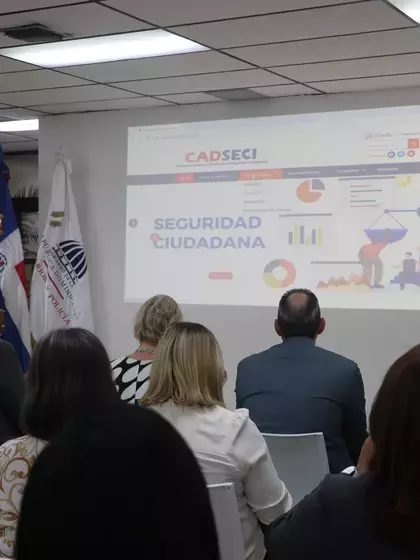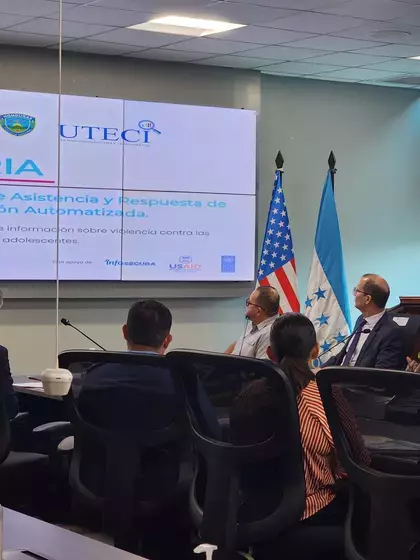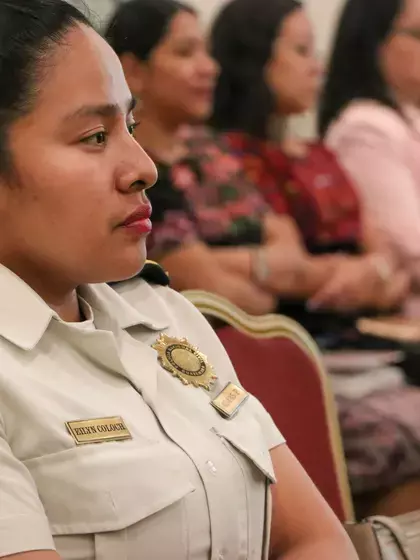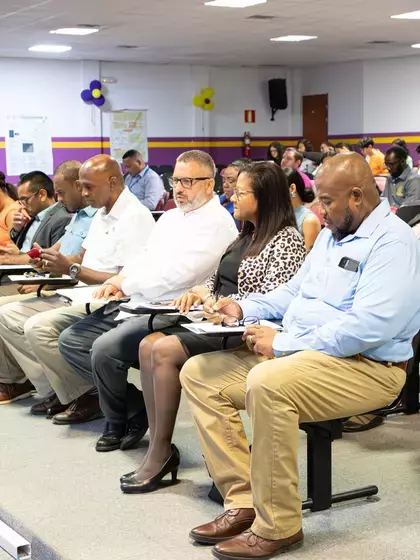Honduras begins process of building Comprehensive Coexistence and Citizen Security Policy
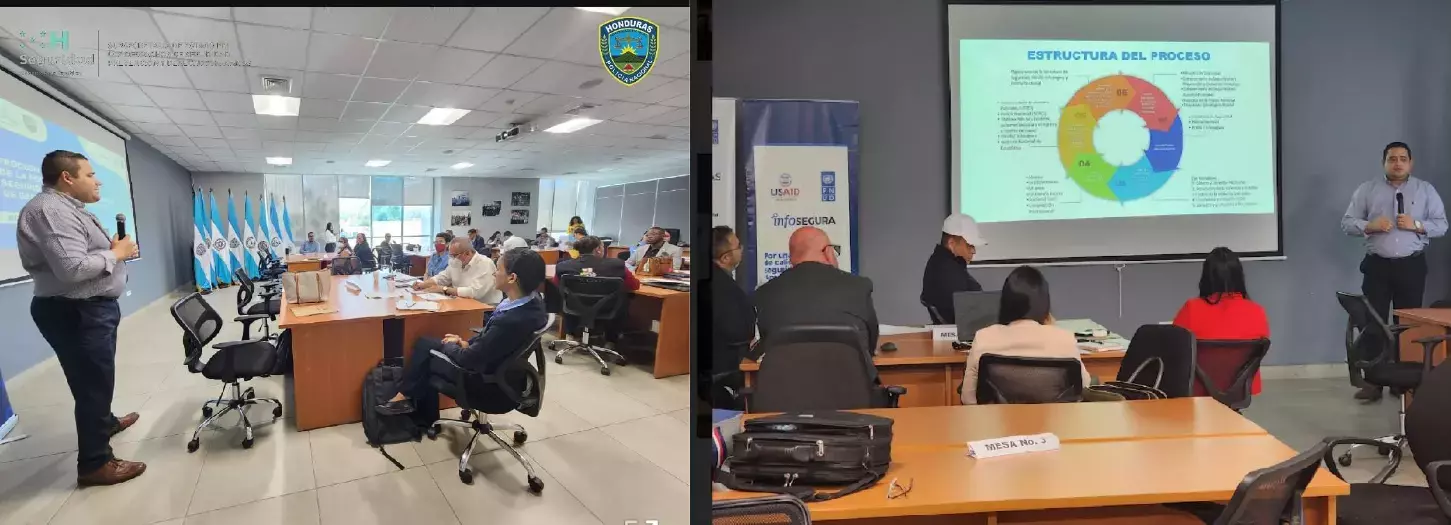
The Honduran Secretariat for Security started engaging key stakeholders in participatory discussions as part of the process of building the national “Comprehensive Coexistence and Citizen Security Policy with a Focus on Gender and Human Rights," with the support of the InfoSegura Regional Project implemented by the UNDP in partnership with USAID.
The objective of this process is to receive proposals, in order to have a comprehensive approach in building this people-centered citizen security policy. This new public policy will have five strategic pillars at its foundation: Gender and human rights; violence and crime prevention; violence and crime control; victim assistance and protection; and peaceful coexistence and social cohesion.
Systematic analysis that different institutions in the country are producing with InfoSegura provide a better grasp of the real circumstances and context, and will inform the discussion participants will engage in as they build the public policy.
InfoSegura Regional Project has maintained a close and continuous collaboration with national Honduran institutions to improve the quality of data to inform decision-making, drive forward multidimensional analysis and effective mainstreaming the gender approach in the information management cycle.
Notable among the outcomes of these collaborative efforts are the innovative tools that help strengthen citizen security policies, like the Territorial Prioritization Index (TPI) –a quantitative tool for identifying and classifying municipalities according to different threats and vulnerabilities. Others are the Open Data Portal and the Integrated Information System for Policies of Coexistence and Citizen Security at the Secretariat for Security.

